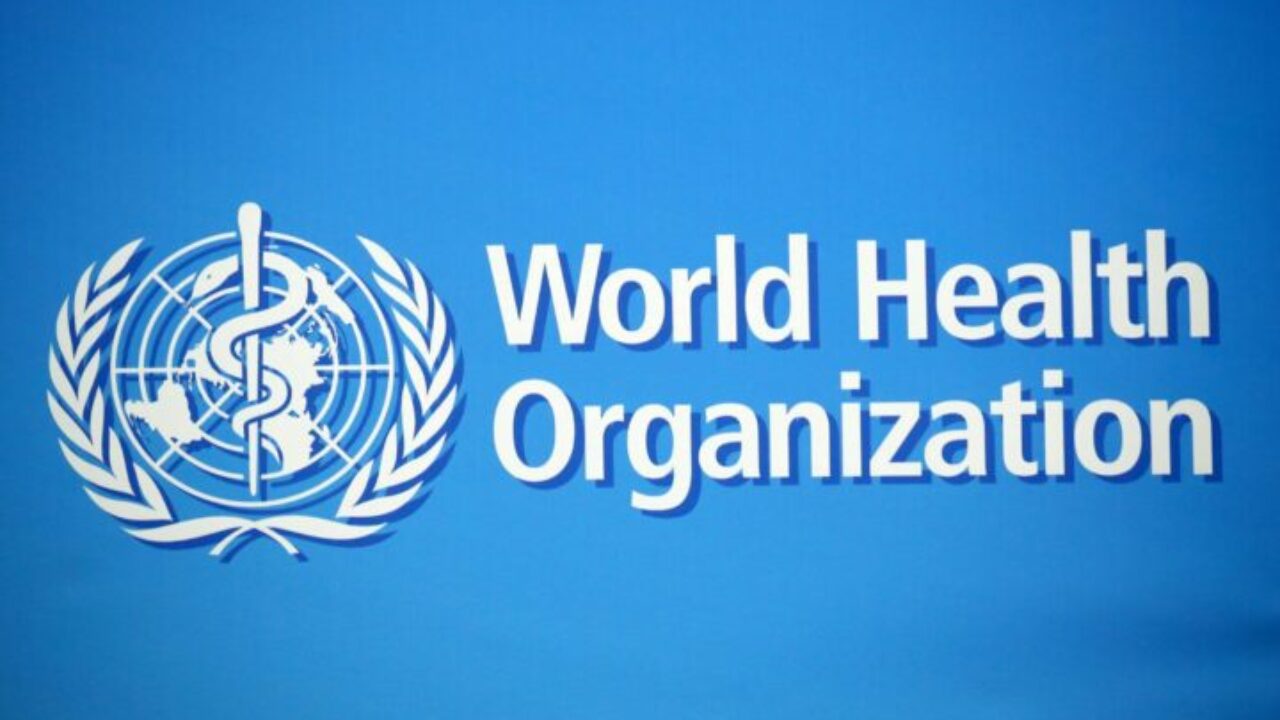By Felicia Nwosu
The World Health Organization (WHO) has, through a publication, drafted a new regulatory framework that specifies guidelines, best practices and operating principles that will direct key regulatory considerations on Artificial Intelligence (AI). The framework also stipulates how governments and regulatory authorities can develop new guidance or adapt existing guidance on AI at national or regional levels.
The notable body said the new released publication is coming out against the backdrop of the rapid shift to consumer’s well-being by various brands and in response to the growing country’s need to responsibly manage the rise of AI health technologies. It stated the urgent need to foster dialogue among stakeholders, including developers, regulators, manufacturers, health workers, and patients.
Dr. Tedros Adhanom Ghebreyesus, the WHO Director-General, noted that AI technologies such as large language models are being rapidly deployed, but argued that individuals lack the full understanding of how they may perform, which could either benefit or harm end-users, including health-care professionals and patients.
The DG explained that the publication aims to help set up and maintain several challenges confronting the full adoption and usage of the tool, while suggesting that leveraging the health data provides AI systems access to sensitive personal information, necessitating robust legal and regulatory frameworks for safeguarding privacy, security, and integrity,
“AI holds great promise for health, but also comes with serious challenges, including unethical data collection, cybersecurity threats and amplifying biases or misinformation. This new guidance will support countries to regulate AI effectively, to harness its potential, whether in treating cancer or detecting tuberculosis, while minimising the risks,” he said.
The global health organisation, which focused on the importance of establishing AI systems for safety and effectiveness, said that with the increasing availability of health care data and the rapid progress in analytic techniques in the global health sector, this transformative tool would redefine the sector with an immeasurable breakthrough.
It maintained that AI has the potential in enhancing health outcomes by strengthening clinical trials; improving medical diagnosis, treatment, self-care and person-centred care; and supplementing health care professionals’ knowledge, skills and competencies.
Some of the key principles harped upon by the global apex health organisation include fostering trust, with emphasis on the importance of transparency and documentation such as documenting the entire product lifecycle and tracking development processes.
Also, it pointed to other areas which include the challenges posed by important, complex regulations with focus on the General Data Protection Regulation (GDPR) in Europe and the Health Insurance Portability and Accountability Act (HIPAA) in the United States of America.
According to WHO, these are addressed with emphasis on understanding the scope of jurisdiction and consent requirements, in service of privacy and data protection, as well as fostering collaboration between regulatory bodies, patients, healthcare professionals, industry representatives, and government partners. This, the organisation noted, will help ensure products and services stay compliant with regulation throughout their life cycles.






Comment
No comments found.